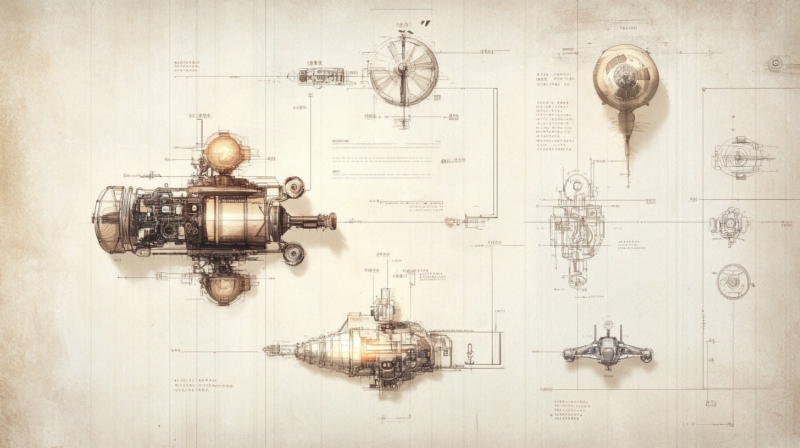Fast Facts
-
The Beijing Academy of Artificial Intelligence (BAAI) launched new open-source AI models aimed at enhancing robot intelligence, highlighting China’s focus on advanced robotics.
-
BAAI’s RoboBrain 2.0 is touted as the world’s most powerful open-source AI model, designed to boost capabilities in various robot types, especially humanoids.
-
The launch occurs amid a fast-growing Chinese robotics sector, positioning BAAI as a key player in driving innovation and development.
- BAAI is actively seeking collaboration with industry stakeholders, already partnering with over 20 leading companies to foster growth in the embodied intelligence field.
RoboBrain: A Leap Forward for Humanoid Robotics
The Beijing Academy of Artificial Intelligence (BAAI) has taken a significant step by launching the RoboBrain 2.0 AI model. This initiative aims to address key challenges in the robotics sector, such as limited capabilities and insufficient training data. By making the AI model open-source, BAAI encourages collaboration among stakeholders in the robotics community. Such collaboration could accelerate the development of more advanced humanoid robots. As China’s robotics industry grows rapidly, RoboBrain positions itself at the forefront of this transformative movement.
Moreover, BAAI’s commitment to partner with over 20 leading companies demonstrates a proactive approach to innovation. The synergy between academia and industry fosters an environment ripe for breakthroughs. With strong backing, RoboBrain could become a pivotal tool for various applications, from manufacturing to companionship. Thus, it holds the potential not only to enhance the functionality of robots but also to reshape their role in society.
Practicality and the Road Ahead
Despite the promising advancements, the practical implementation of RoboBrain remains a critical discussion point. While the model demonstrates the capabilities of AI in robotics, its adoption must be carefully managed. Concerns about dependency on AI technology, ethical implications, and job displacement linger. Stakeholders must address these issues to ensure that advancements benefit society as a whole.
Furthermore, the potential for widespread adoption hinges on continual collaboration and knowledge sharing within the industry. By fostering relationships among various sectors, BAAI can ensure that RoboBrain evolves to meet diverse needs. As artificial intelligence becomes integrated into everyday life, it is essential to strike a balance between innovation and human values. Ultimately, initiatives like RoboBrain mark an important chapter in the journey of integrating technology into our lives while prompting necessary reflections on its broader implications.
Expand Your Tech Knowledge
Learn how the Internet of Things (IoT) is transforming everyday life.
Access comprehensive resources on technology by visiting Wikipedia.
TechV1

